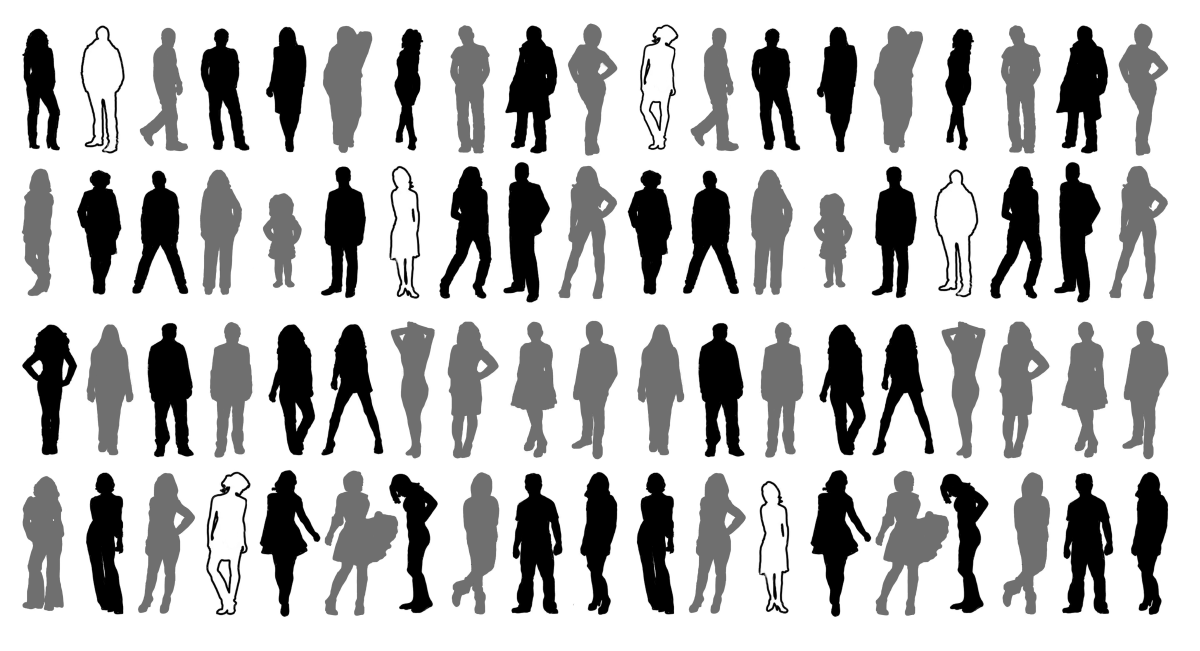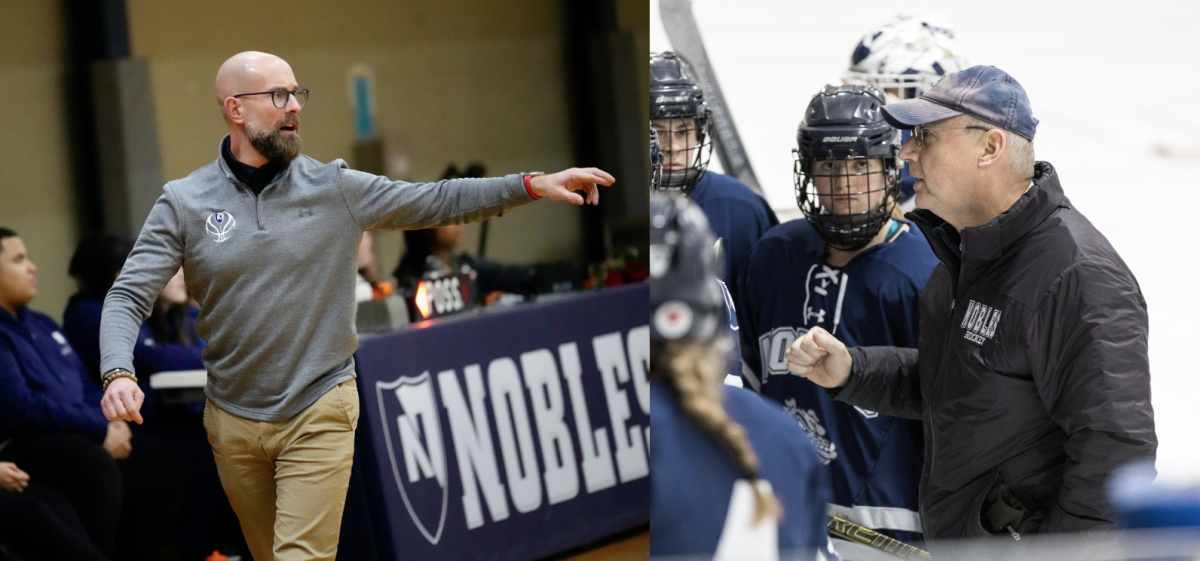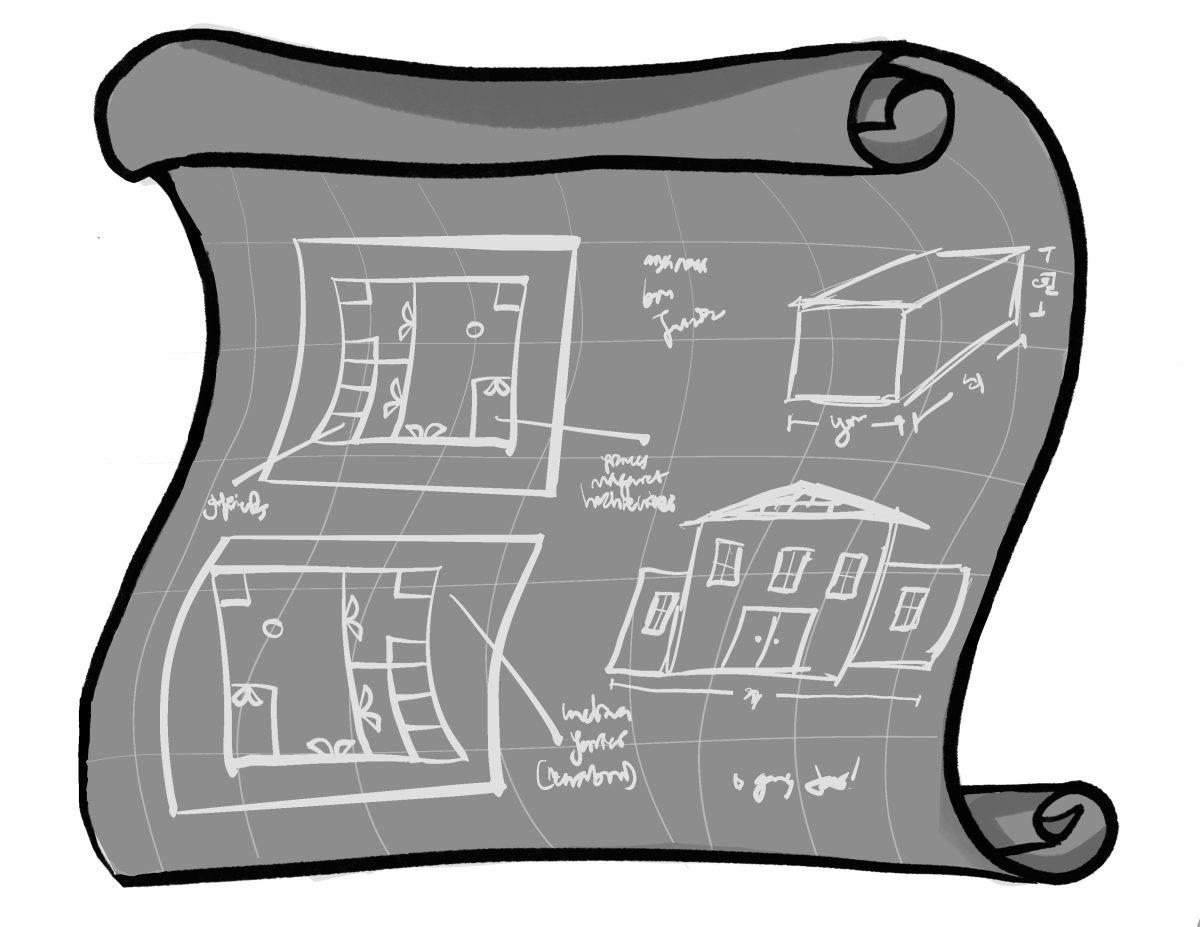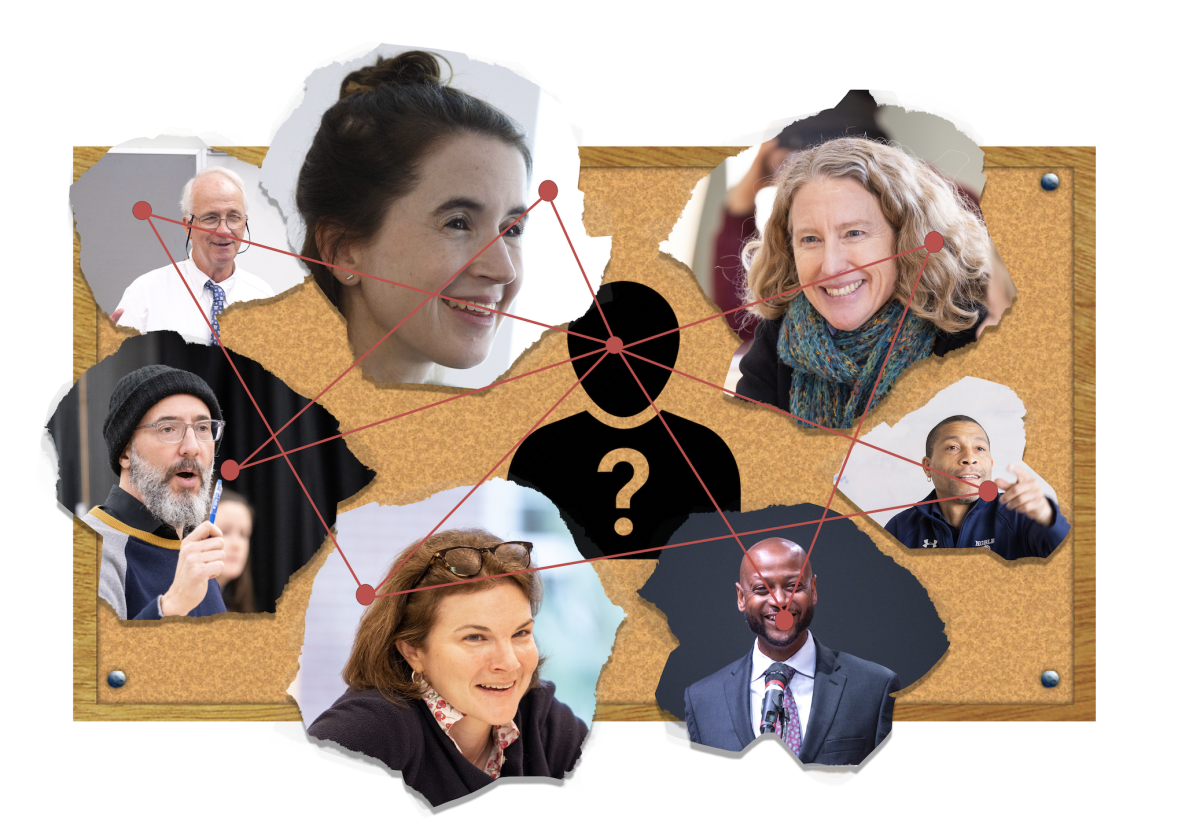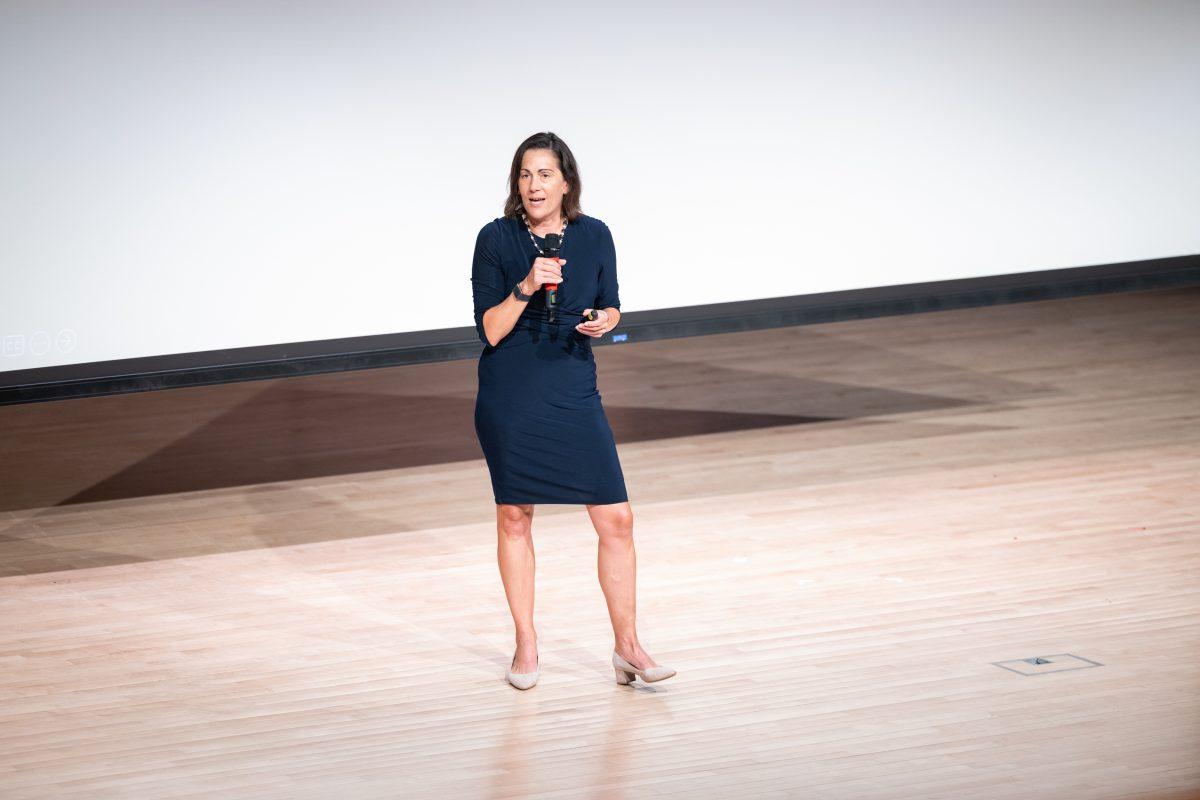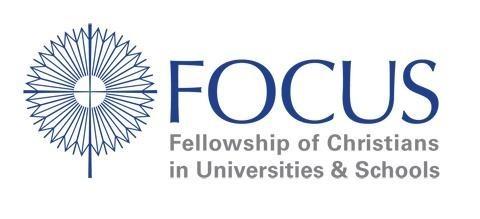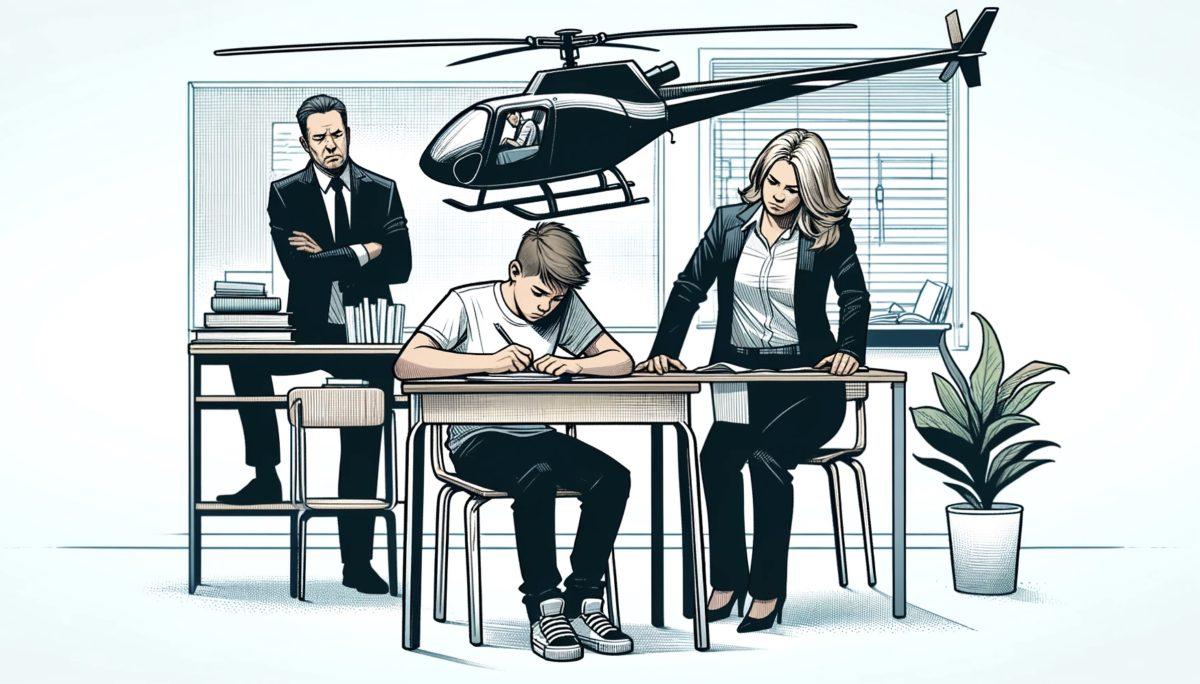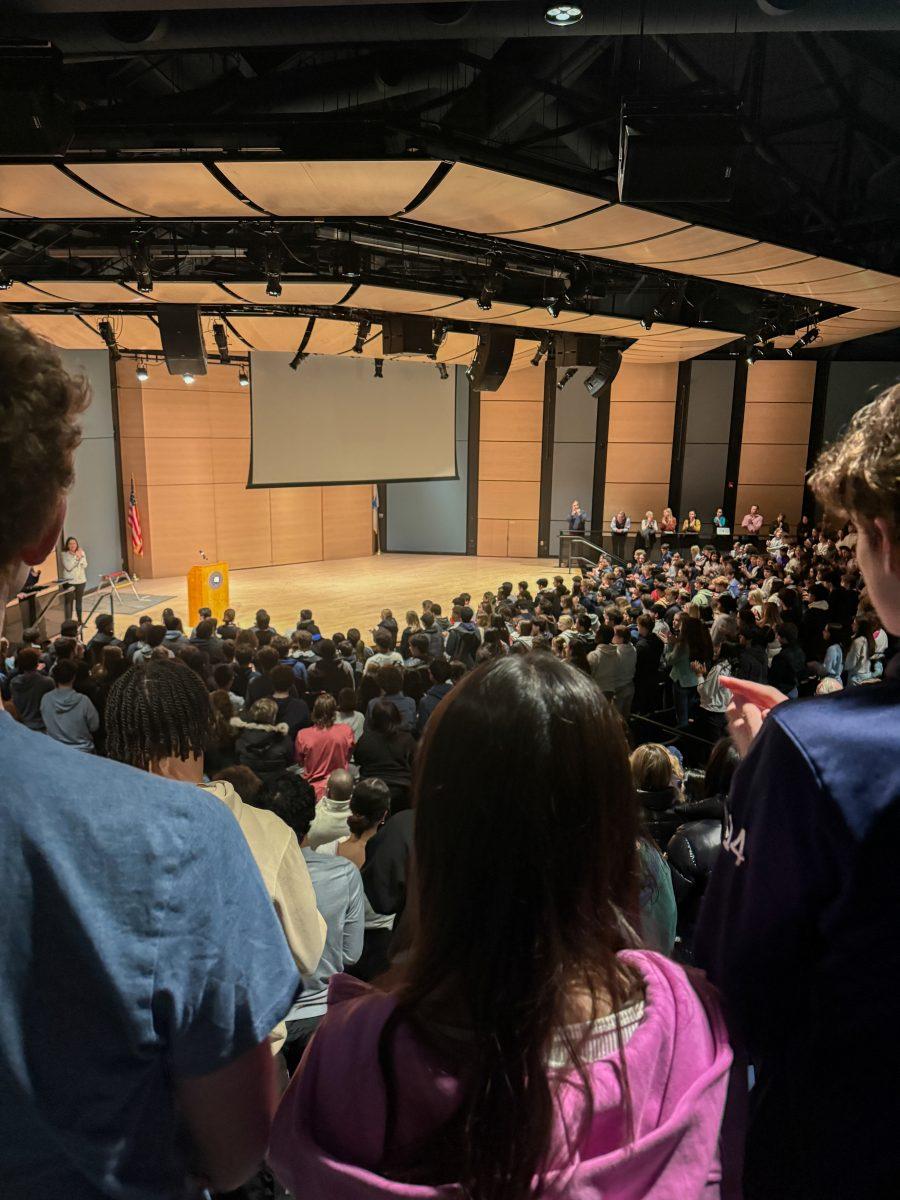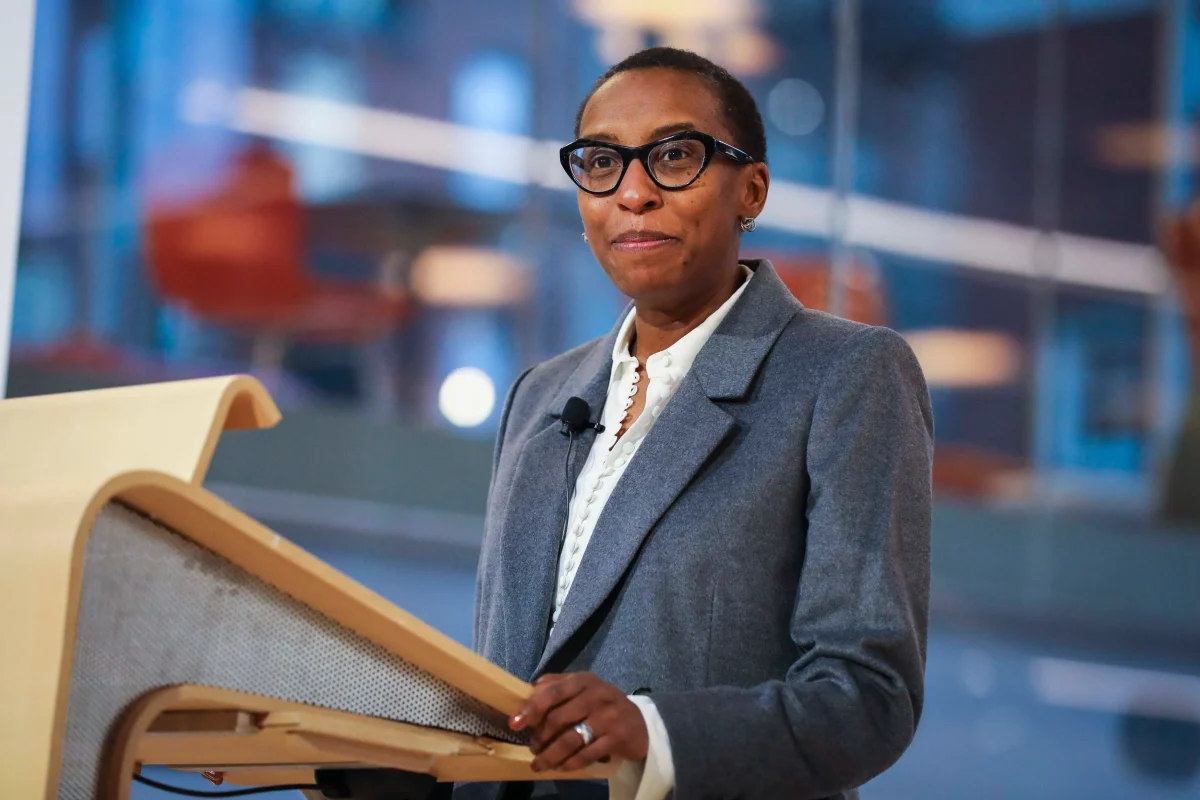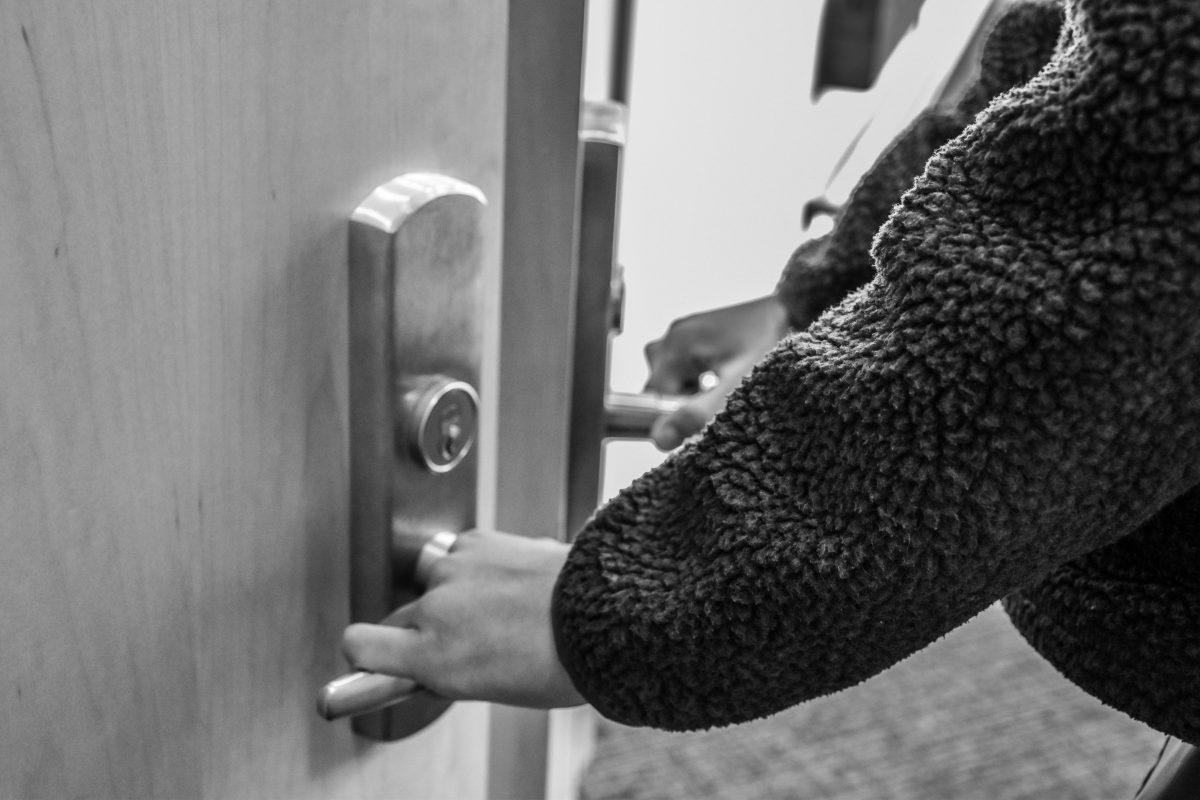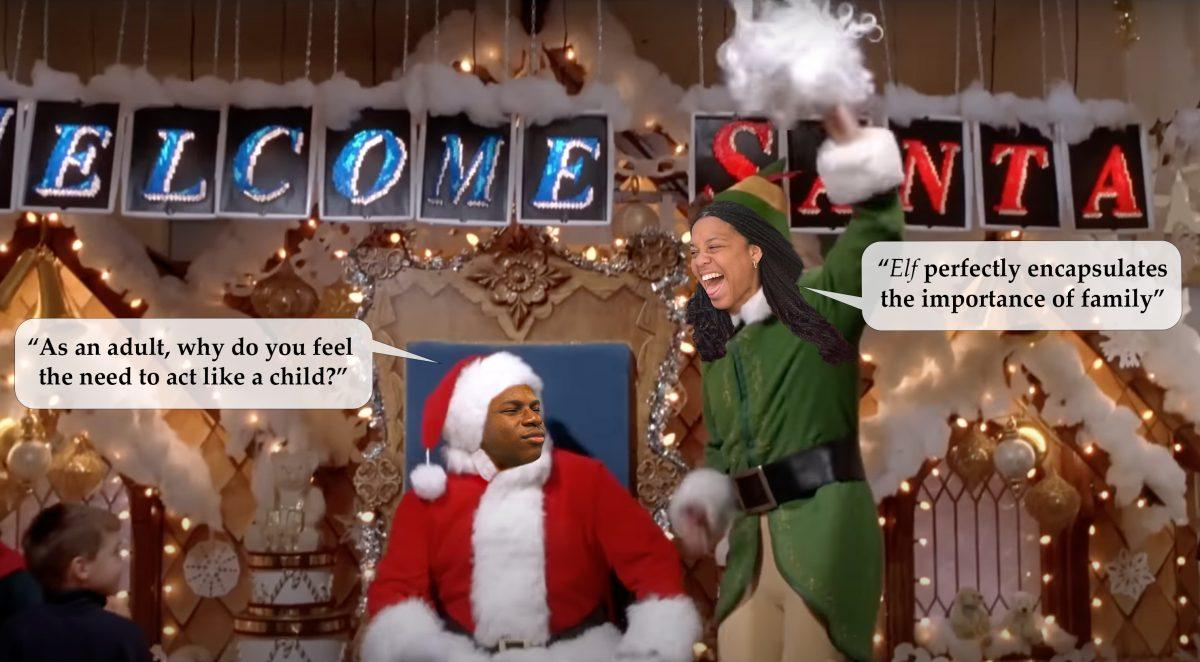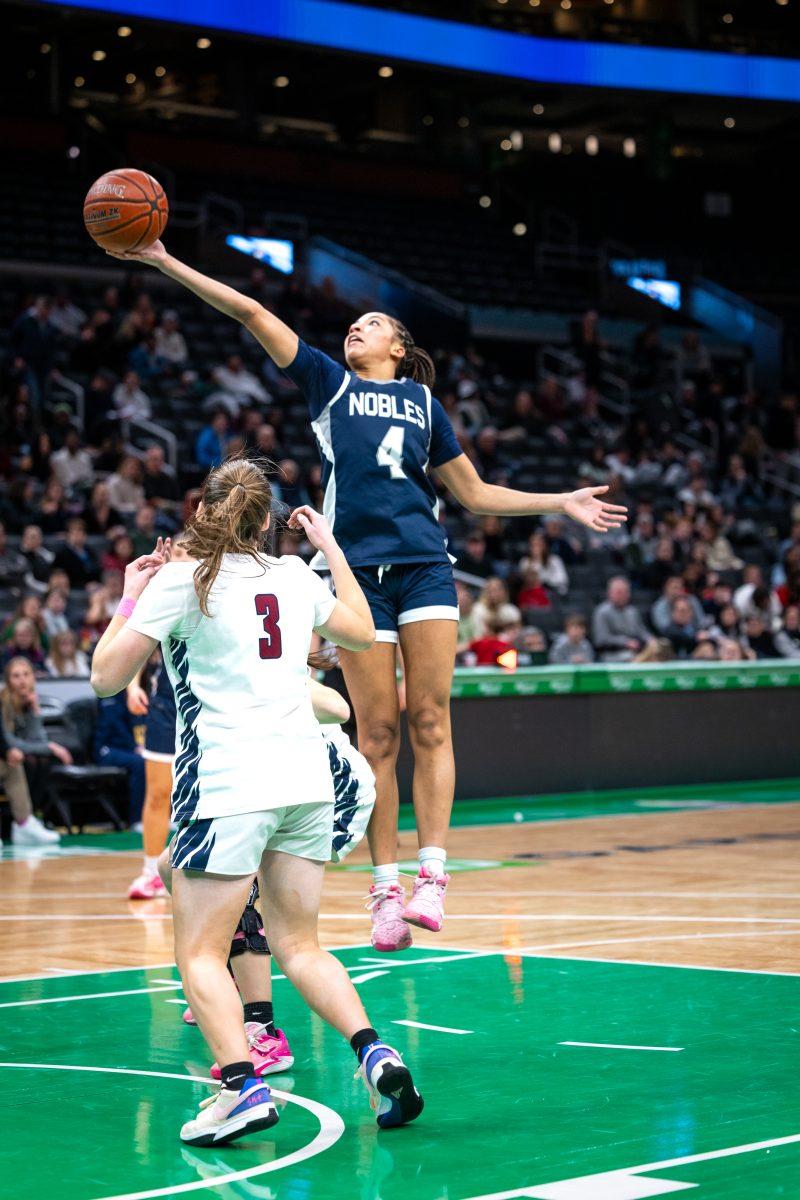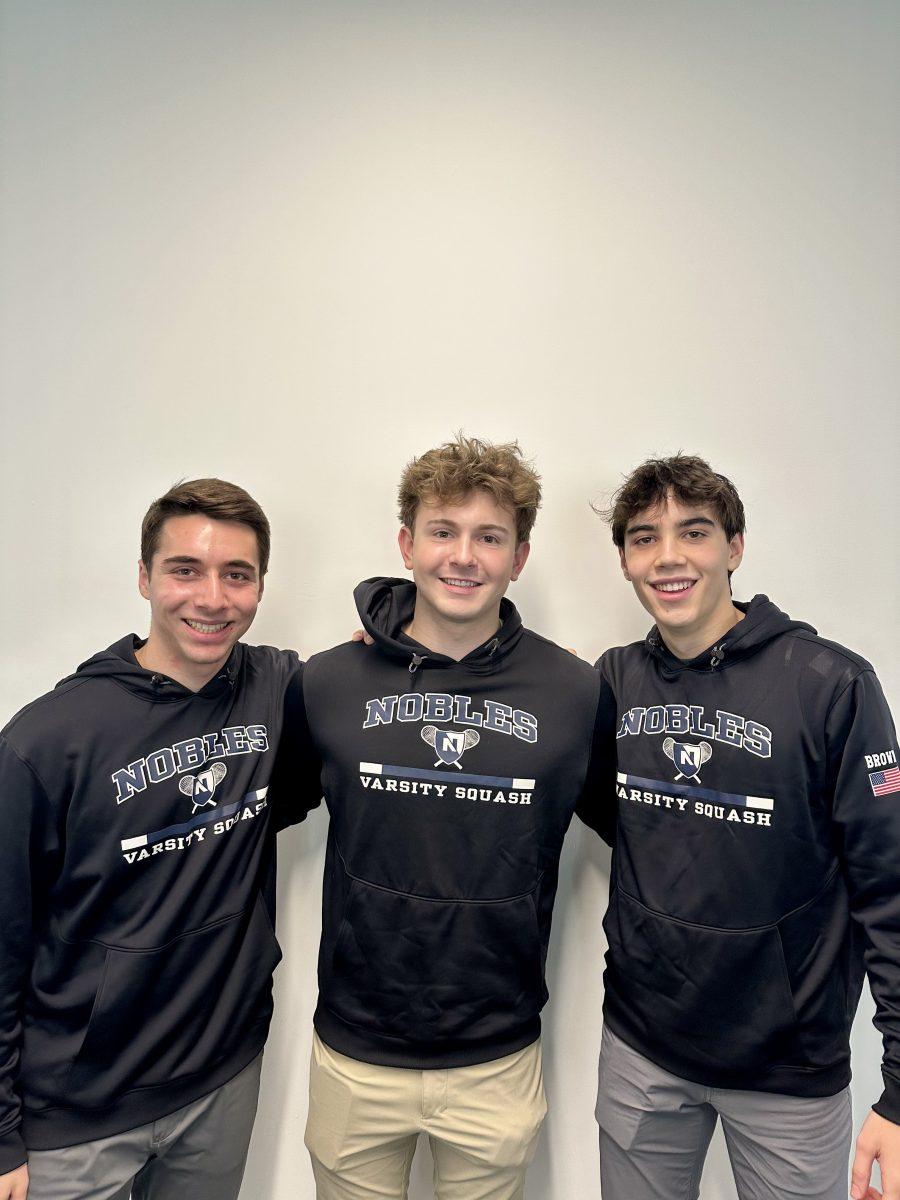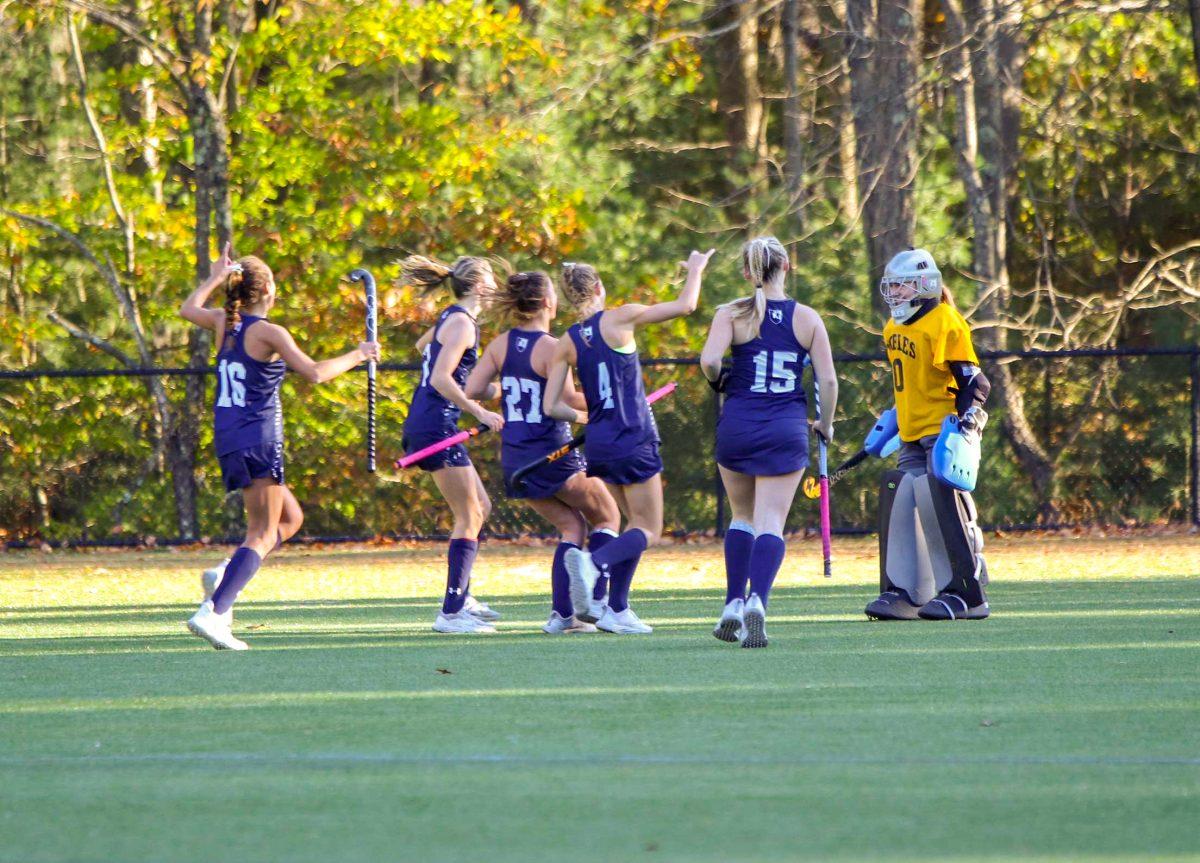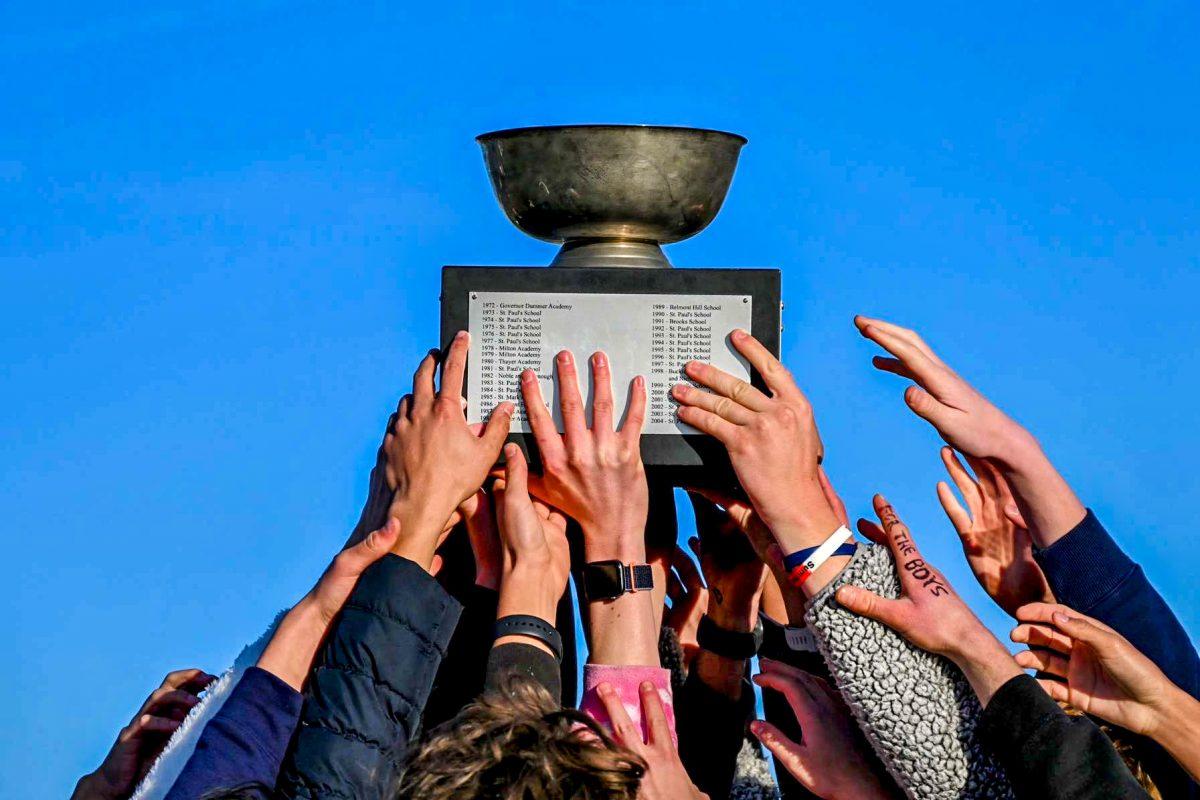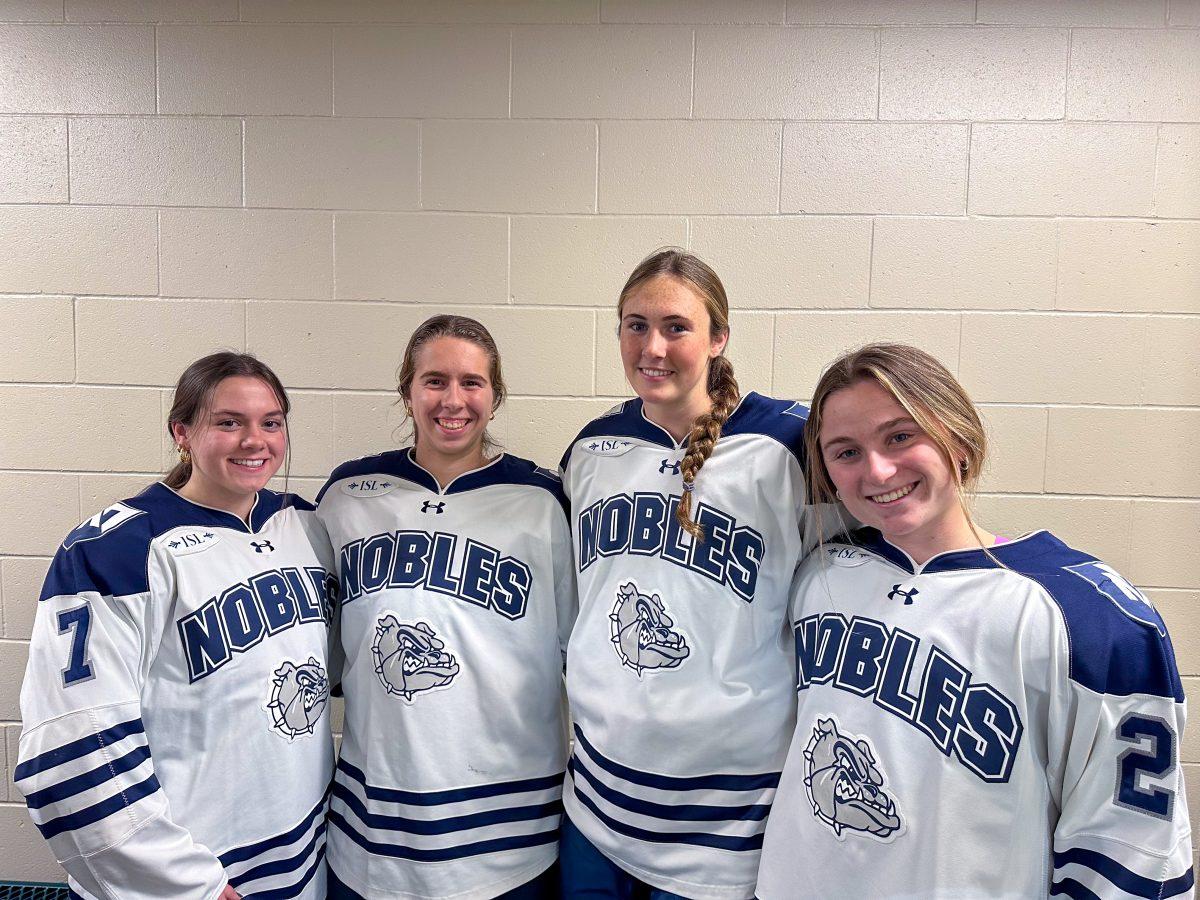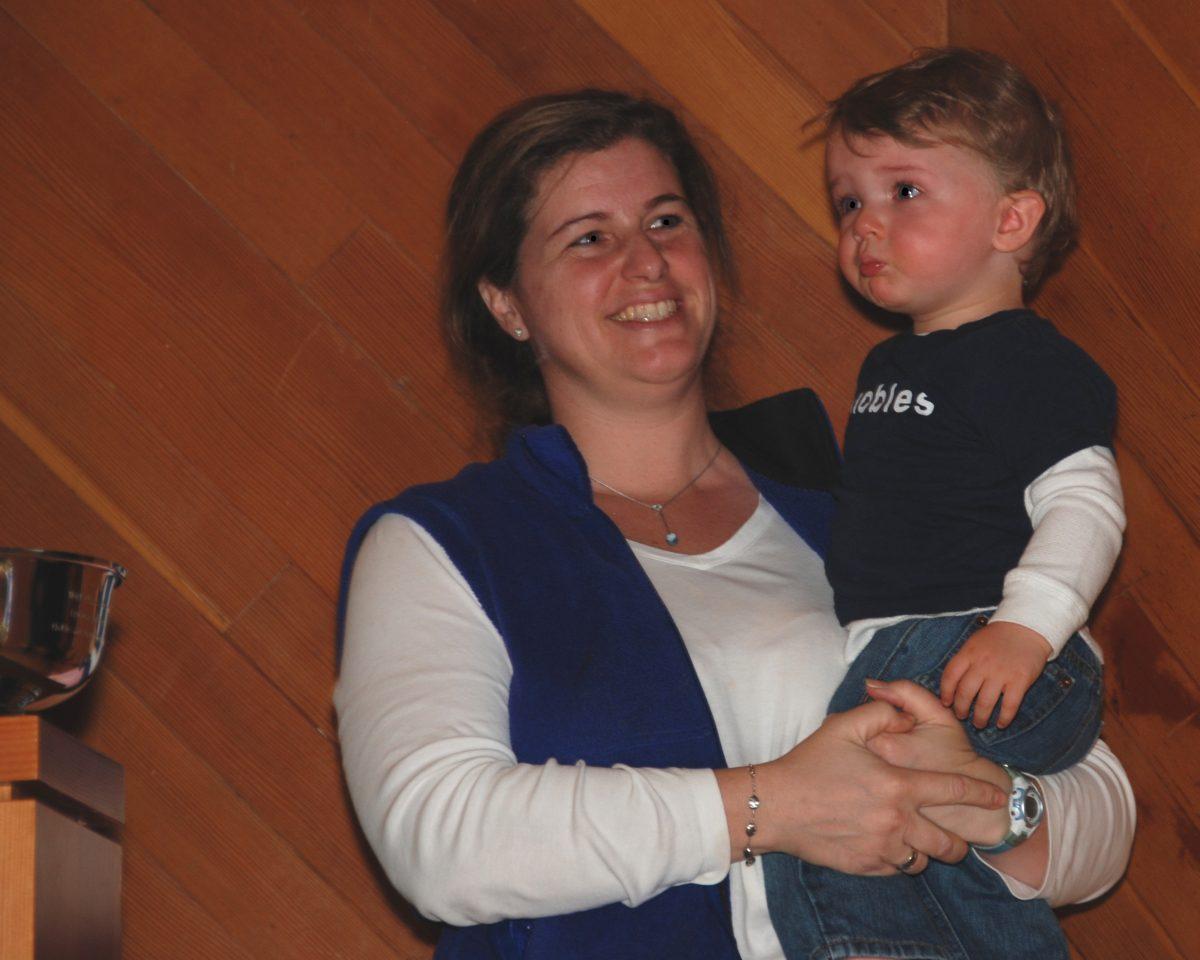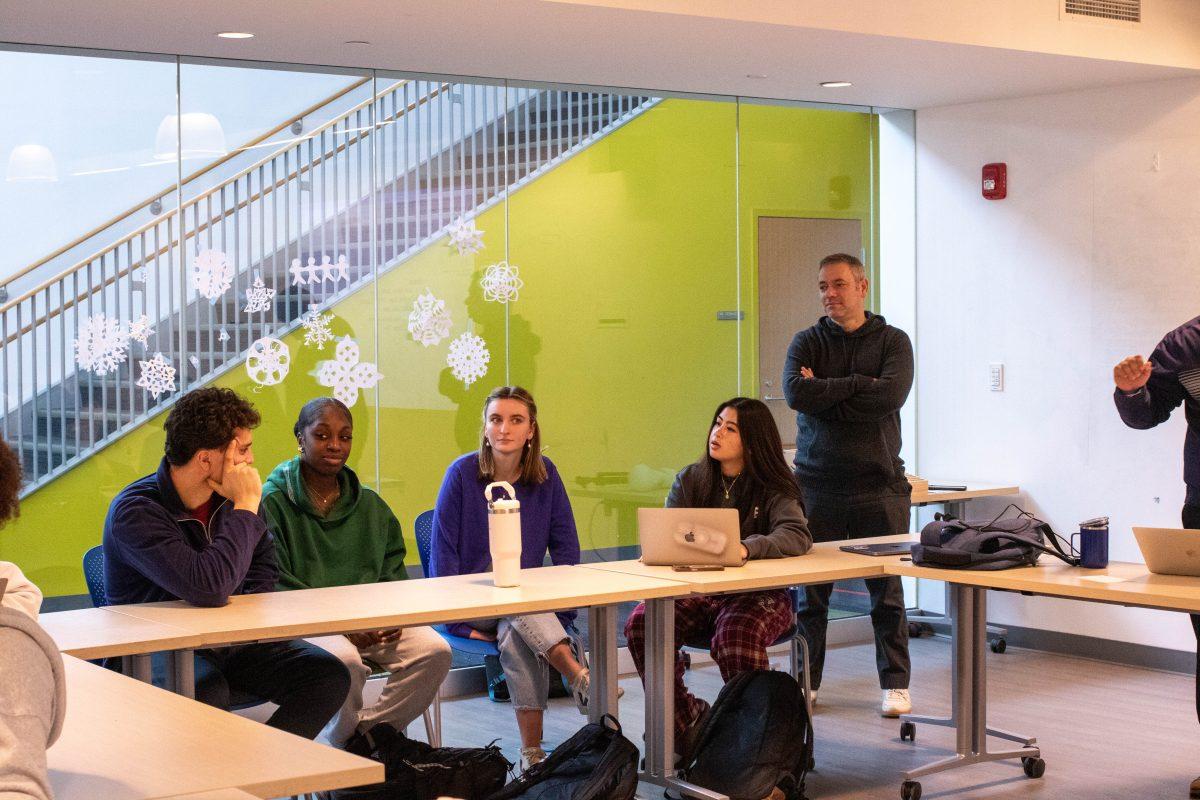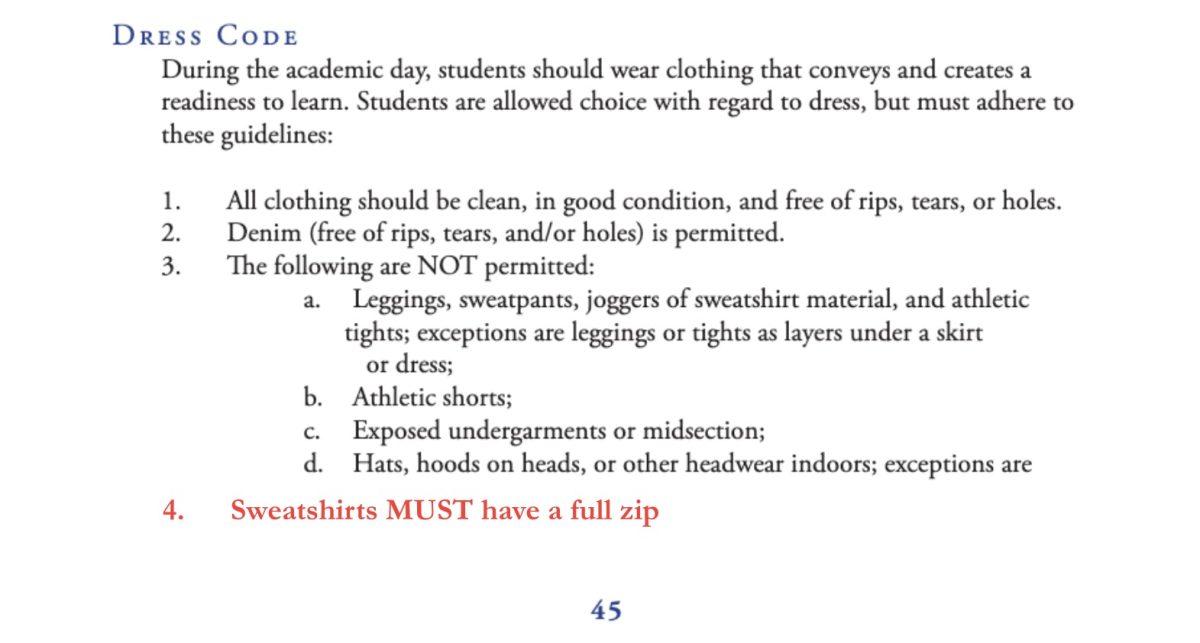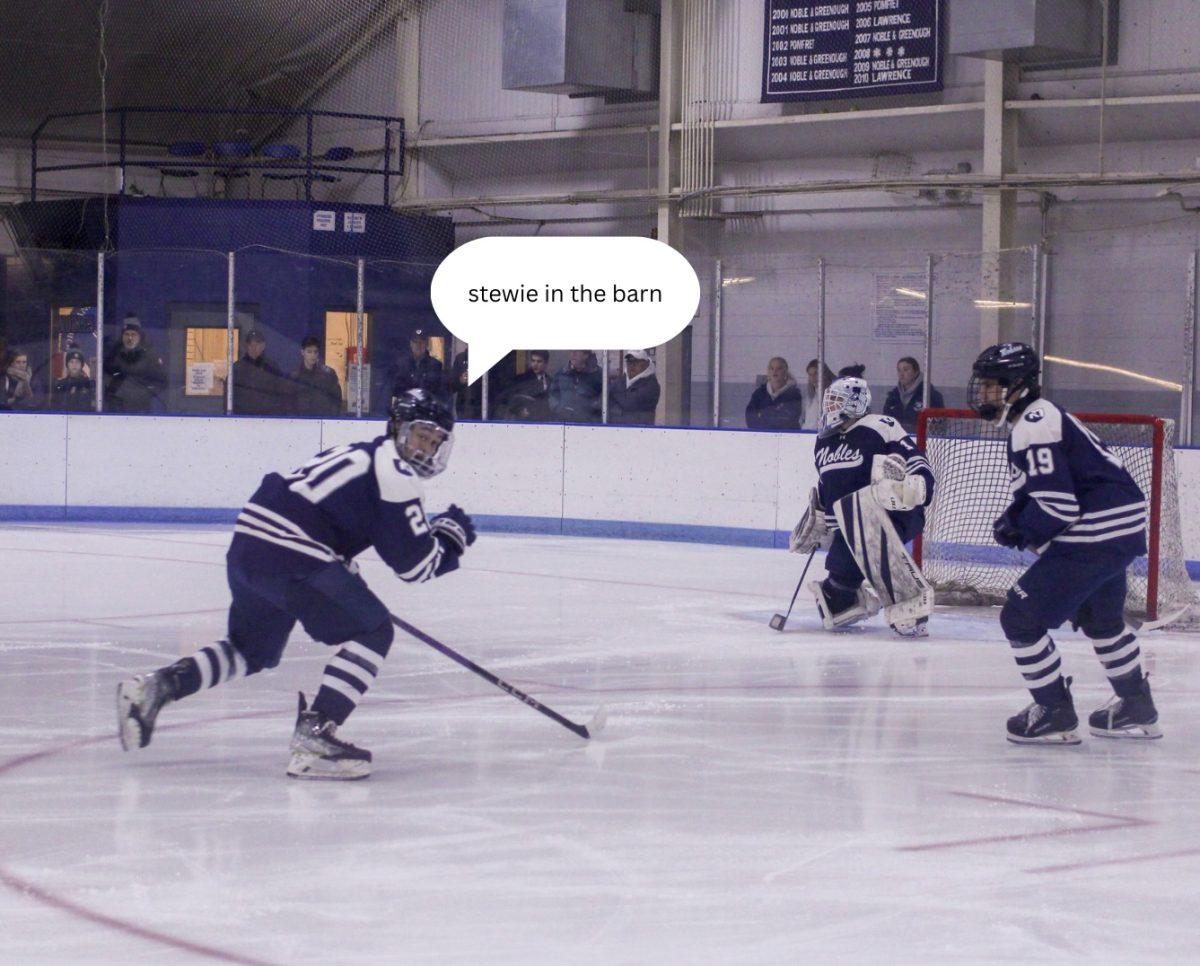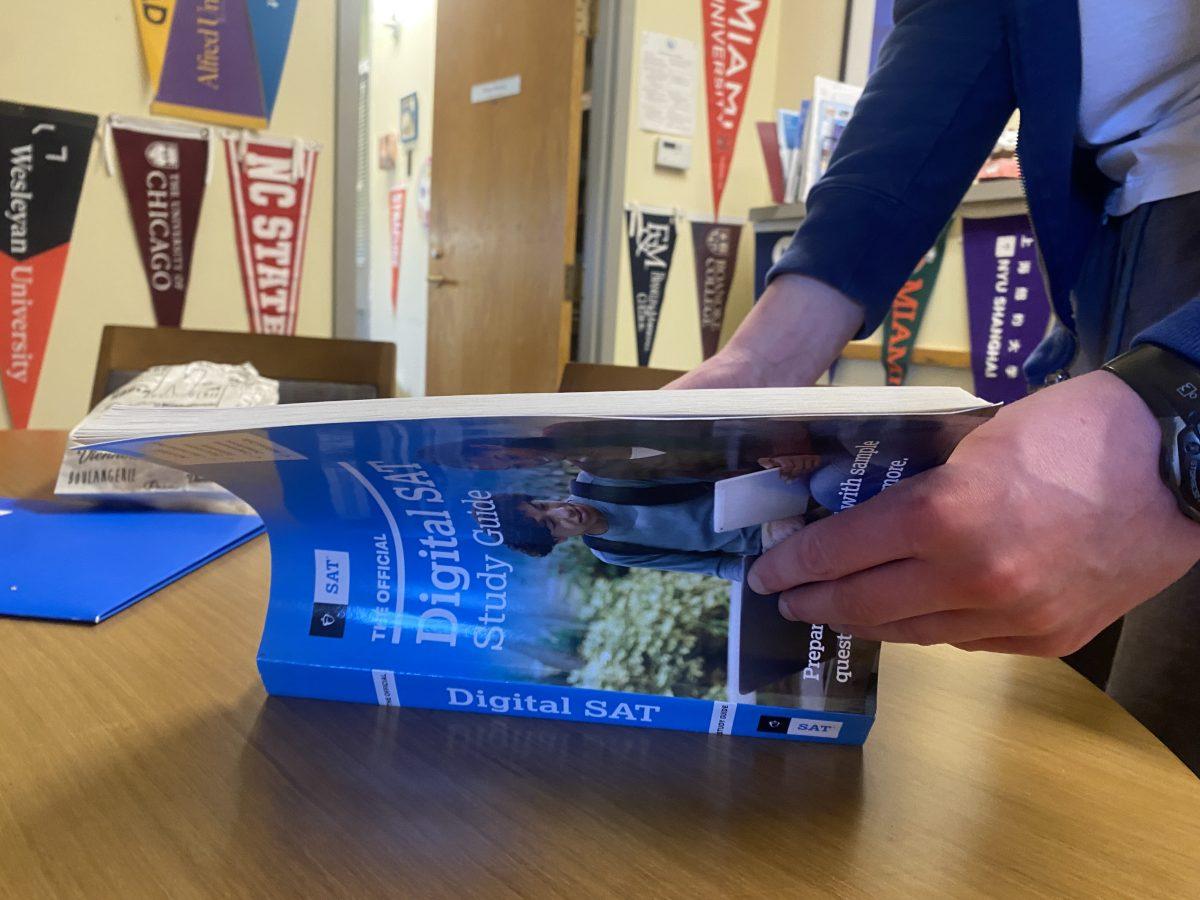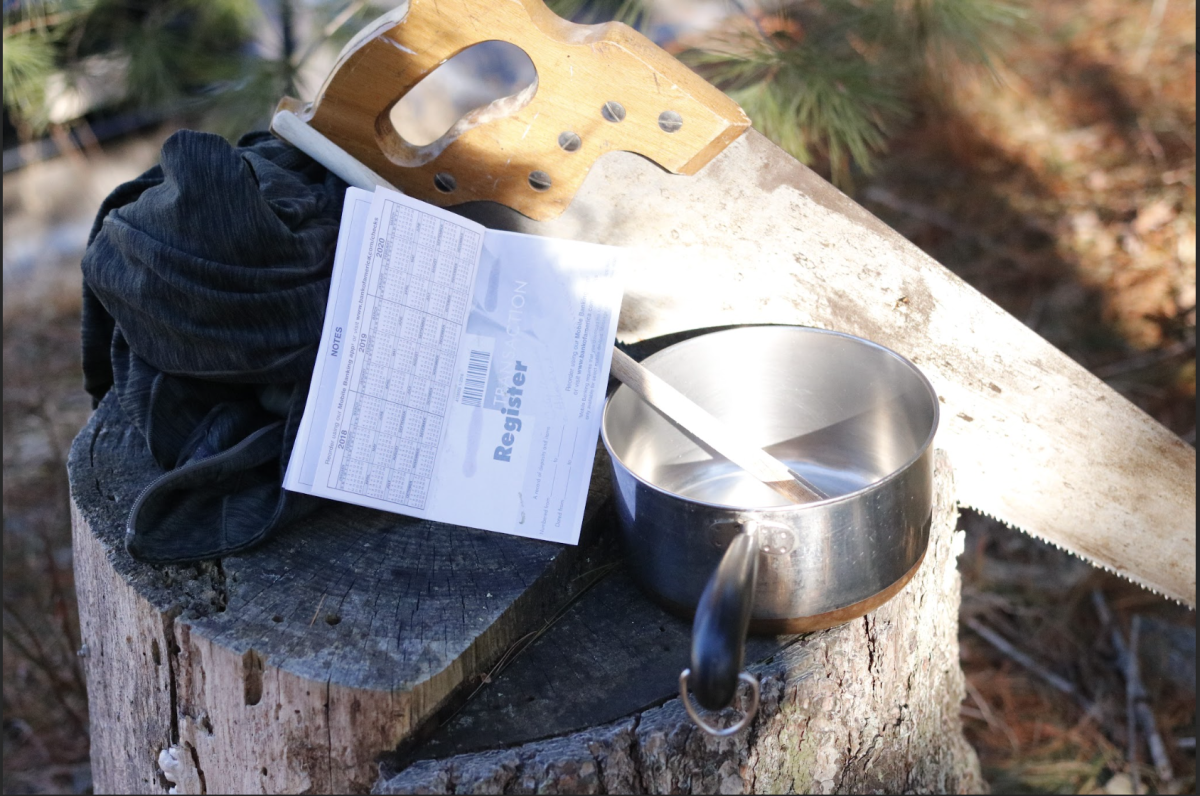Amadou Seck:
“If you try to be in a lot of things at the same time, you end up not dealing with anything. Make sure that you pick your battles and your focus, and go 100% with what you pick. Usually, students tend to over-commit academically, with extracurriculars, and with clubs and organizations because they don’t want to miss out on some opportunities. But the reality is that you cannot. You have to be clear about where your priorities are and focus on them and maximize success.”
Brian Day:
“Don’t live in an echo chamber. Don’t sit there and just watch Fox News. Don’t sit there and watch MSNBC. Read. Read. Read. Read. Get your own information. Get your own facts. Make your own opinions based on what you’ve read. I think if we were all to do that, we’d be a society that is way less divided than it is right now.”
“Meet as many people as you can. You don’t realize this now, but as you get older, networking is so important and can be so instrumental in your professional life. Try to build as big a network as you can while you’re here, because you may [find] somebody that you went to school with in a position that can influence your life, and if you’ve gotten to know them while you’re here, that enhances the possibility that they can impact your life. Just get to know as many people as possible. It’s good on a human level, but it can also on a selfish level be beneficial as well.”
David Roane:
“The first piece of advice is an adage that I use as an artist. If you’re human, then you’re creative. You don’t have to be engaging in the arts to be creative. You make your place in the world by making part of the world. There’s no greater way to feel like you’re part of something than to contribute, and art is just one means.”
“The second piece of advice has to do with time. And I talk to my AP students often about time just being another medium. You have to use it, and figure out how to use it, not unlike the way you use a paintbrush, or you use paint itself. You have to figure out how to use time and the limitations of time, just like the limitations of paint. So instead of having an adversarial nature relationship relative to time, learn how to collaborate with it and make peace with it. It’s the most powerful medium that we have.
“Many tiny drops make a mighty ocean. [If you work for] 15 minutes a day, but you do it regularly, persistently, consistently, and insistently[…]because of the law of accumulation, you will achieve great, great effects, [and] achieve your goals.”
Beth Reilly:
“Self-esteem comes from doing hard things. It’s super hard to know that when you’re going through it, especially with uncertain outcomes, and especially when it feels like you’re getting measured. [You feel] that you’re going to have a stamp that either says you’re great, we want you, or no, we don’t want you. And that’s how the college process can feel, and that’s how grades are, and how leadership positions at school are. It can all feel like you’re being evaluated, and there’s some referendum on your existence for these things. A lot of that is beyond your control. But what is in your control is doing the best you can, knowing that whatever opportunities you have, if you make the most of them, it’s all going to work out extremely well.”
“Go find what’s good about a person. Everybody has something good to offer, even people who can seem really different from you, or prickly or difficult; that person’s probably struggling. Everybody has something good to offer, and when you make it your mission to find the best in them, you’re going to feel better about yourself.”
“No task is too big and no task is too small.”
“Teddy Roosevelt’s Man in the Arena speech, which I always shared in my U.S. history classes, boils down to, “Don’t be a critic and have a sneer on your face and judge others,” particularly if you’re unwilling to try things yourself and put yourself out there. It’s a pretty small person who belittles others and makes fun of others. The best way to go through life is by trying things and having enthusiasm. Try to put some of that enthusiasm into the world, and try to get what you can out of yourself.”
Jeremy Kovacs:
To the younger Nobles students:
“Find a good junior or senior mentor and model their behavior.”
To the older Nobles students:
“Have fun, worry less, and choose a college or profession that you’re passionate about, not that your parents want you to do.”

